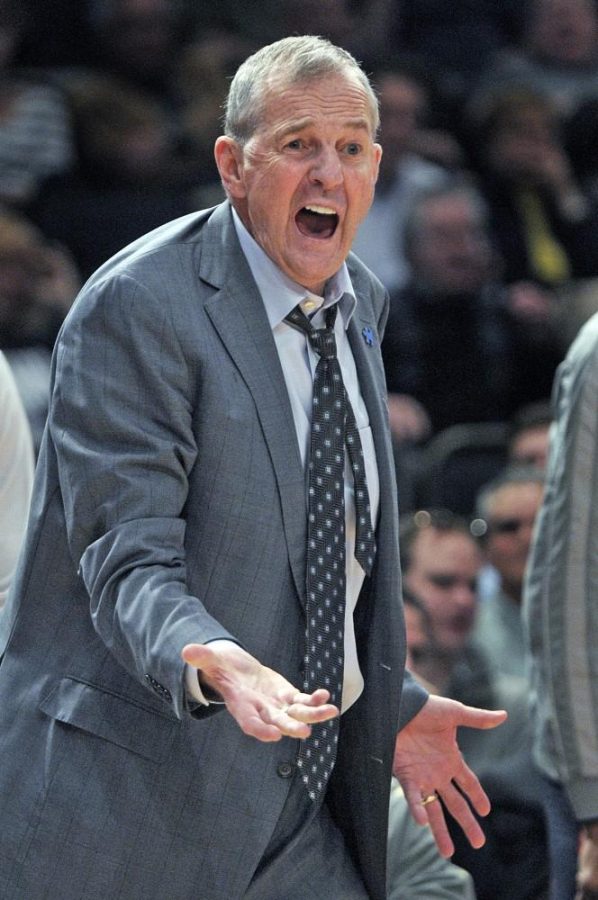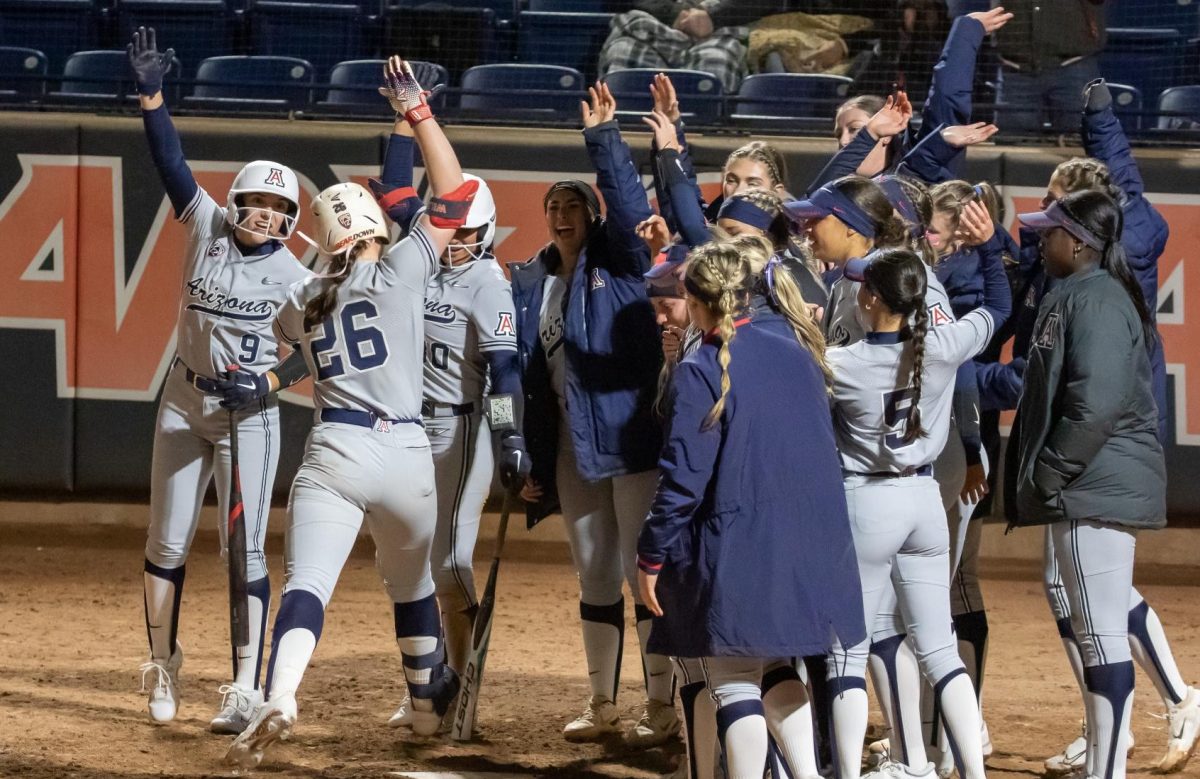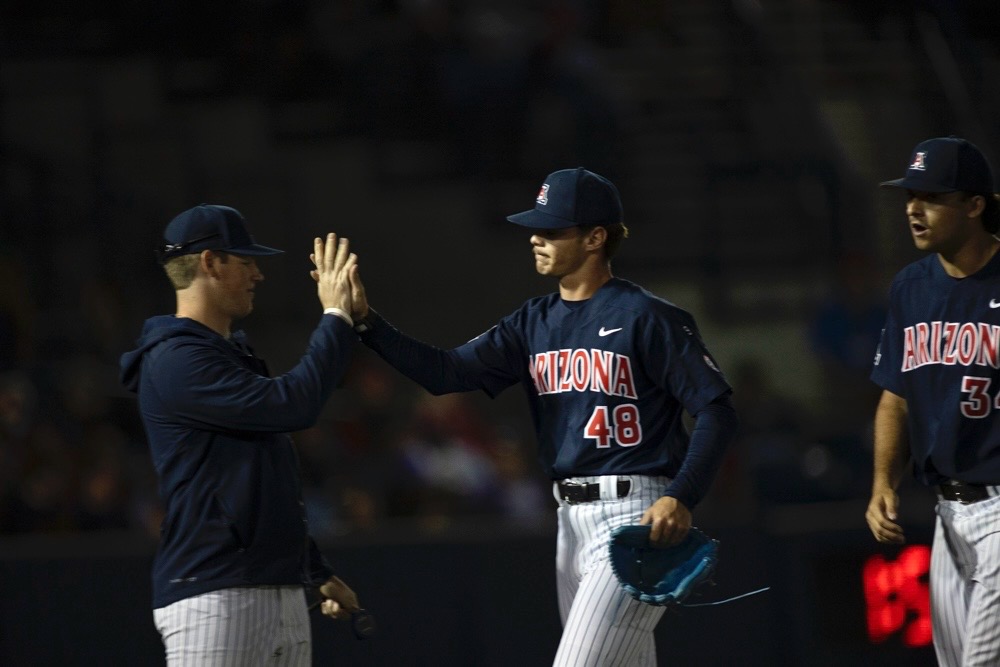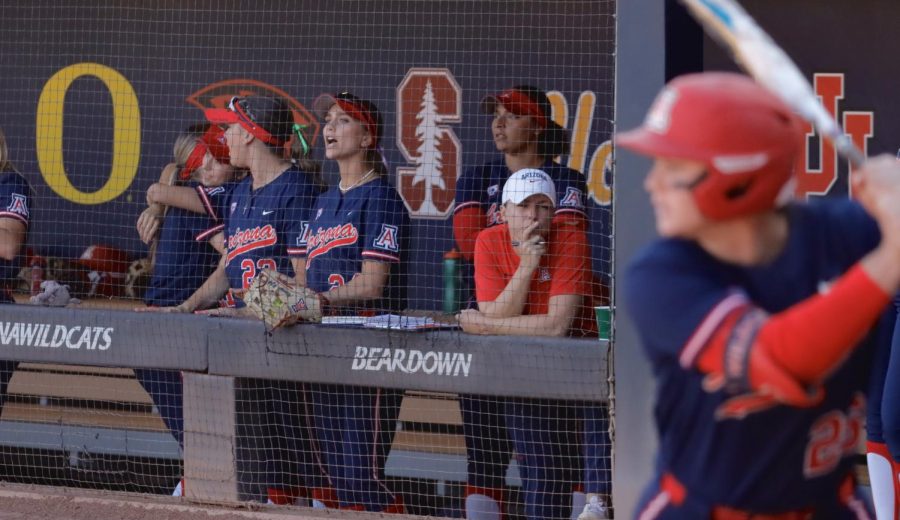STORRS, Conn. — Jim Calhoun’s long, remarkably successful and often turbulent tenure as UConn’s men’s basketball coach is coming to an end.
NBC Connecticut’s Kevin Nathan, citing sources, first reported the news that Calhoun would retire. A source later told the Hartford Courant that Calhoun is retiring and that a 2 p.m. EDT news conference would be held Thursday. Kevin Ollie, a former UConn player and assistant, will be the coach, though it is unclear if that goes beyond an interim basis, according to the source. Karl Hobbs, director of basketball operations, will be promoted to an assistant.
UConn officials offered neither confirmation nor denials. Calhoun, before leaving Gampel Pavilion on Wednesday afternoon, told the Courant there was nothing to report, but added, “We’re having the discussions we need to have about moving forward. … Life is full of tough decisions.”
Calhoun, 70, has been UConn’s coach since 1986, when he took over from Dom Perno. UConn had been a successful program within New England, but in its early years in the Big East Conference was normally near the bottom of the league. The Huskies were 9-19 in Calhoun’s first year, but that was their last losing season. Under Calhoun, UConn men’s basketball became one of the nation’s elite programs and came to dominate the sports scene in Connecticut, with Calhoun himself becoming perhaps the most significant sports figure in state history.
The team began a rise to national prominence with an NIT Championship in 1988, and two years later reached the NCAA’s Elite Eight on Tate George’s famous shot against Clemson, only to lose to Duke in similar fashion. That was known as the “Dream Season,” though UConn, under Calhoun, had bigger, better dreams to fill.
They knocked on the door of the Final Four several more times, and finally made it in 1999, beating Duke for the national title.
The Huskies won it all again in 2004 and, miraculously, in 2011, when they won 11 in a row in the Big East and NCAA Tournaments.
There were problems along the way. Calhoun drew a three-game suspension and the school drew sanctions for NCAA infractions involving the recruiting of Nate Miles in 2008. The program’s academic record in recent years fell below the NCAA’s new requirements, and the Huskies are ineligible for postseason play in 2013.
That could’ve been a factor in Calhoun’s decision not to coach another season. After the Huskies lost to Iowa State in the tournament last March, he left the door open to retiring, but hedged on his decision. He said by September, he would know if he could give his players 100 percent, as he would ask of them.
Calhoun spent the spring and summer actively engaged in the job, doing more traveling for recruiting than in recent years.
In an interview just before his 70th birthday last May, Calhoun told The Courant:
“I want people to say, ‘he five best programs in the history of basketball are North Carolina, Duke, Indiana, Kentucky and — they have a tough time saying it sometimes — Connecticut. We are one of those teams. I want that legacy very badly for UConn. The passion of the people here, there is always a very thin line between love and hate, depending on the day, the recruit kid who didn’t play well as well as they thought. But the worse thing to have, as when I came here, was apathy.”









